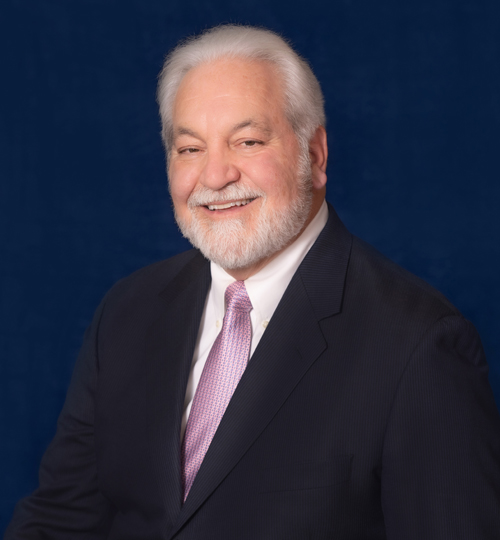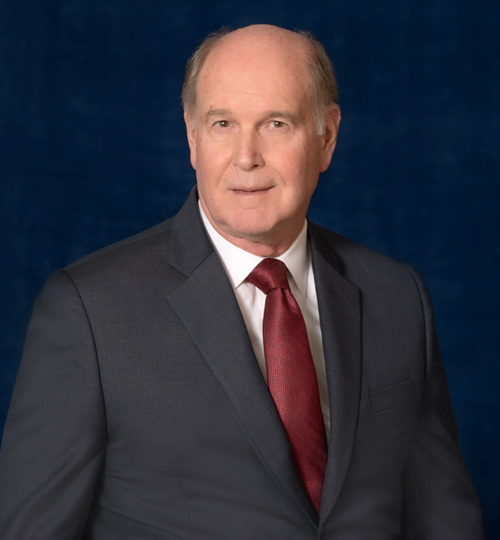TYING / BUNDLING OF PRODUCTS
OR SERVICES
TYING / BUNDLING AGREEMENTS
- require a buyer of one product or service to make a separate purchase of a second product or service (tying), or
- force a buyer to purchase two products or services at once by combining the products or services in a single transaction and package (bundling).
Kohn Swift’s antitrust lawyers represent clients injured by anti-competitive tying / bundling arrangements.
TYING / BUNDLING LAWSUITS
State and federal antitrust laws prohibit tying / bundling arrangements with anti-competitive effects. However, because tying / bundling agreements can positively affect competition, courts consider several factors to determine if a tying / bundling agreement violates the antitrust laws, including:
- whether the buyer’s purchase of a product or service is conditioned upon the purchase of another,
- whether the agreement affects interstate commerce, and
whether the seller’s market power is sufficient for the agreement to result in a restraint on trade.
The seller’s market share is a determining factor in assessing the legality of a tying / bundling arrangement. For an agreement to constitute an antitrust violation, the seller must possess enough market power for the agreement to force some or all competitors from the market.
Courts may find that such agreements violate federal antitrust laws by:
- hampering trade by current competitors or by others who wish to enter the market, or
- forming or tending to form a monopoly when a seller has a dominant market position.
DAMAGES IN TYING / BUNDLING ACTIONS
Anti-competitive tying / bundling schemes harm consumers as well as competing businesses. Consumers pay more for the product they want to purchase by being forced to buy another product along with it. Businesses suffer lost profits by being kept from competing in a market. In addition to attorneys’ fees, federal antitrust laws allow consumers and businesses injured by illegal tying / bundling to recover triple the amount of actual damages. Plaintiffs may also obtain injunctions preventing defendants from continuing tying / bundling agreements.
BEST LAWYERS HAS NAMED KOHN, SWIFT & GRAF AS A 2023 “BEST LAW FIRM”
Kohn, Swift & Graf, P.C. has achieved a Tier 1 ranking in Philadelphia in the area of antitrust law.
“The U.S. News – Best Lawyers® “Best Law Firms” rankings are based on a rigorous evaluation process that includes the collection of client and lawyer evaluations, peer review from leading attorneys, and review of additional information provided by law firms as part of the formal submission process. Firms who have at least one lawyer who has been recognized in the previous edition of Best Lawyers in a practice area and metro area currently ranked by “Best Law Firms” are eligible to receive a ranking.”
Joseph C. Kohn, William E. Hoese, Robert J. LaRocca, and Douglas A. Abrahams were selected for inclusion in Best Lawyers© in the area of antitrust litigation in 2021.
Zahra R. Dean was selected for inclusion in Best Lawyers© “Ones to Watch” in the area of mass torts litigation/class actions in 2021.





